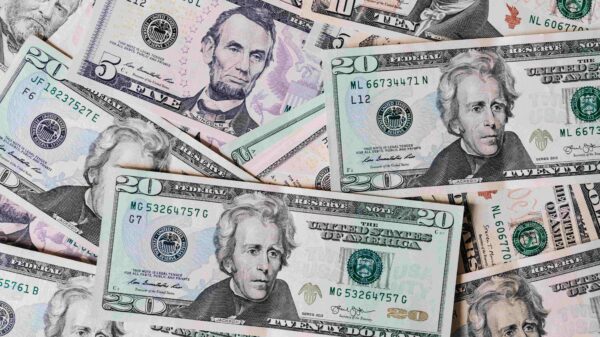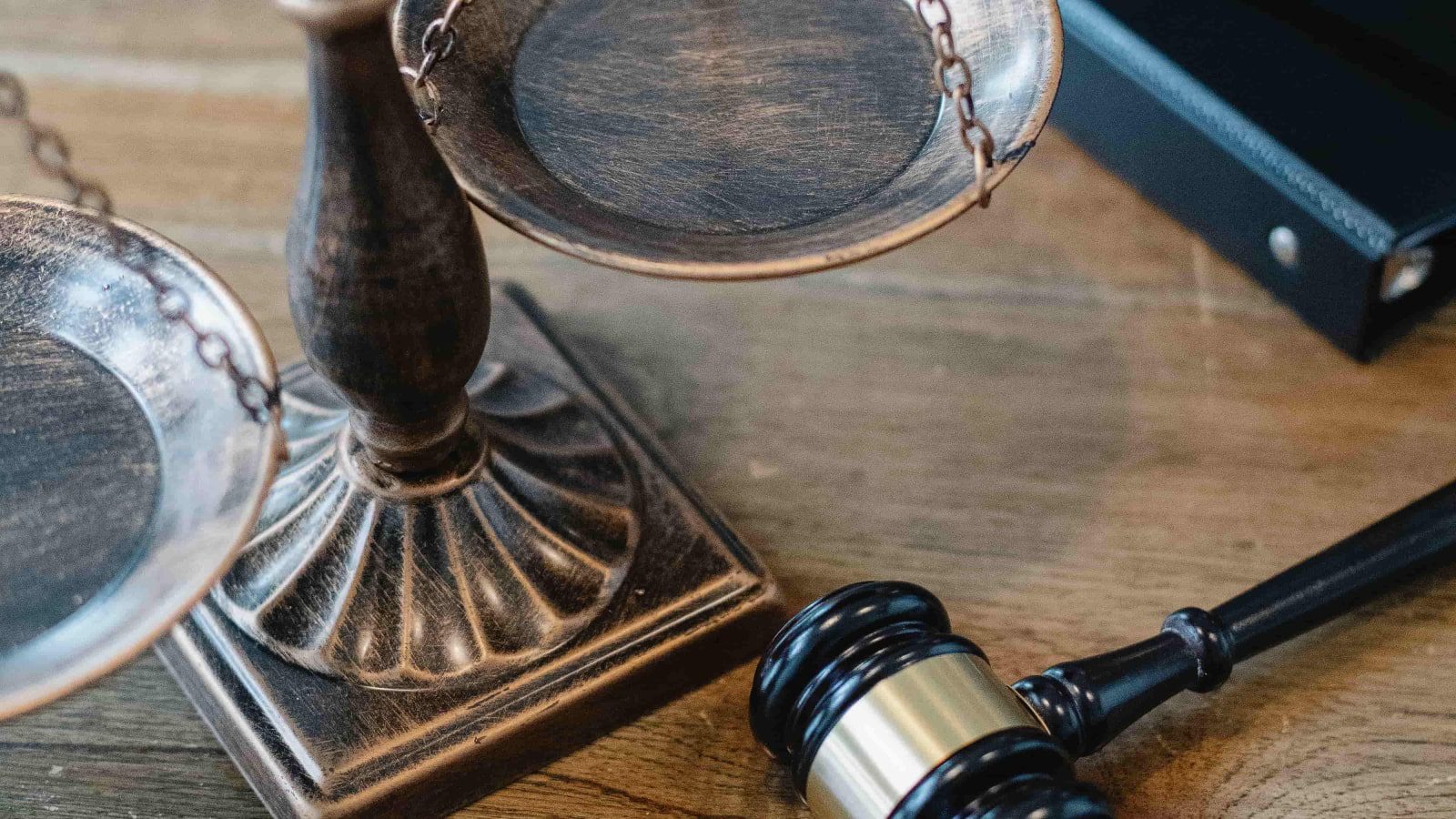As the SEC’s lawsuit against Ripple Labs Inc. continues, an old Supreme Court ruling might determine the outcome. The Howey Test might play a part in deciding if crypto, XRP in this case, is a security and falls under the SEC’s jurisdiction. So what is the Howey Test? How does it work?
This article is the latest in a series following the SEC’s lawsuit against Ripple Labs Inc. You can read our previous coverage of this story in the following links:
An overview of the Howey Test
The Howey Test is a legal test used to determine whether or not a business venture is an investment contract. The Supreme Court case of SEC v. W.J. Howey Co., 328 U.S. 293 (1946) established the test. The Securities and Exchange Act of 1933 includes an “investment contract,” among the many things considered securities. However, it never defines an investment contract.
The Howey Company of Florida was the subject of the case. The company offered people the chance to lease or purchase portions of its land to raise funds. The Howey Company would retain ownership of the land and handle all aspects of growing and selling fruit. In exchange, the buyers would receive a portion of the company’s profits. The Supreme Court issued its four criteria for an “investment contract” and ruled that the Howey Company’s business model qualified as a security.
Investment contract criteria
- An investment of money: the investor’s contribution must be considered an investment. In addition, it must be an asset that is a monetary value. That means other assets, such as real estate or personal services, are not investments unless they also have a cash value.
- There must be either a common enterprise between the company and its investors or many investors pooling money together.
- The expectation of profits from the investment: there must be some expectation of earning profits from your investment for it to qualify as a security. These profits can come in different forms, including interest payments or dividends. However, there does not need to be any certainty of profit for an investment to qualify as a security.
- Finally, gains must be derived from the work of others.
The Howey Test and crypto
The Howey Test is a crucial consideration for crypto investors. Securities are subject to a broader range of regulations than utility tokens, including limits on how many security tokens a company can issue in a given period of time. If the court sides with the SEC in finding that XRP is a security, it could spell trouble for Ripple. Classifying XRP as a security would mean that Ripple Labs Inc. broke securities laws since they issued more than 100 million XRP in one year without registering as a securities dealer.
If we take the Howey Test as a historical precedent, crypto companies that have offered ICOs would be securities. As such, they would fall under the SEC’s jurisdiction, and the companies involved in said ICOs must register as securities dealers.
While cryptocurrencies were meant to be decentralized and deregulated, centralized exchanges have changed things. Centralizing crypto into these institutions has created a bank-like dynamic. Instead of individuals making all crypto trading peer-to-peer (P2P), exchanges act as intermediaries. So while cryptocurrencies may be different from other assets, the way we’re using them pushes them into more familiar territory.
Securities vs. commodities
In the United States, securities are regulated by the Securities and Exchange Commission (SEC), while the Commodity Futures Trading Commission (CFTC) regulates commodities. The main difference between the two is that securities are investment contracts, while commodities are physical goods. Ripple Labs argues that XRP is a commodity and doesn’t fall under the SEC’s purview.
The case has also focused on a potential conflict of interest Division of Corporate Finance Director Bill Hinman had when he filed the lawsuit in late 2020. The SEC and CFTC have both had relatively recently legal skirmishes in the cryptosphere. All this while we wait to hear how the White House’s investigation into crypto regulations is proceeding. One clear thing about the SEC vs. Ripple Labs Inc. lawsuit is its outcome will likely be crucial in shaping crypto regulation for the foreseeable future.



























